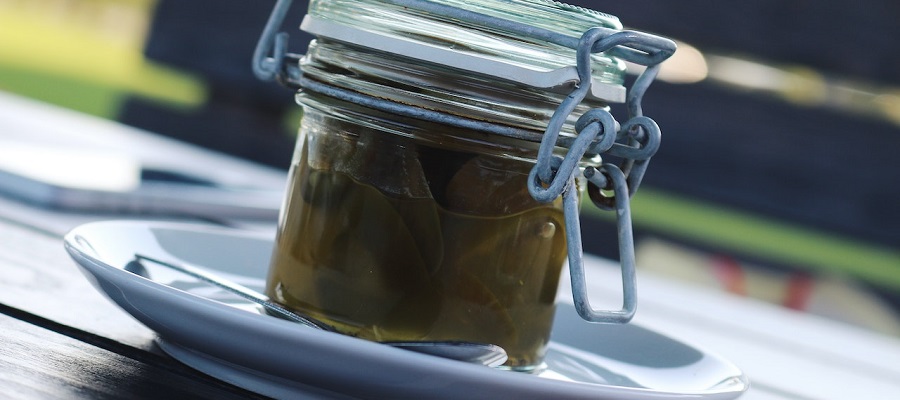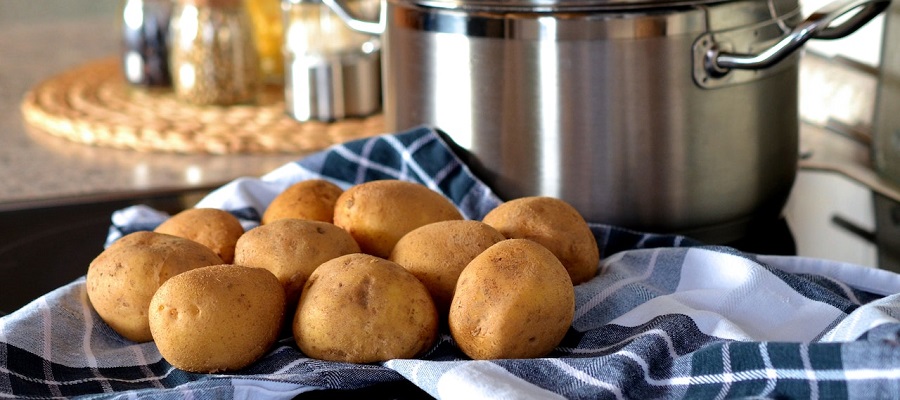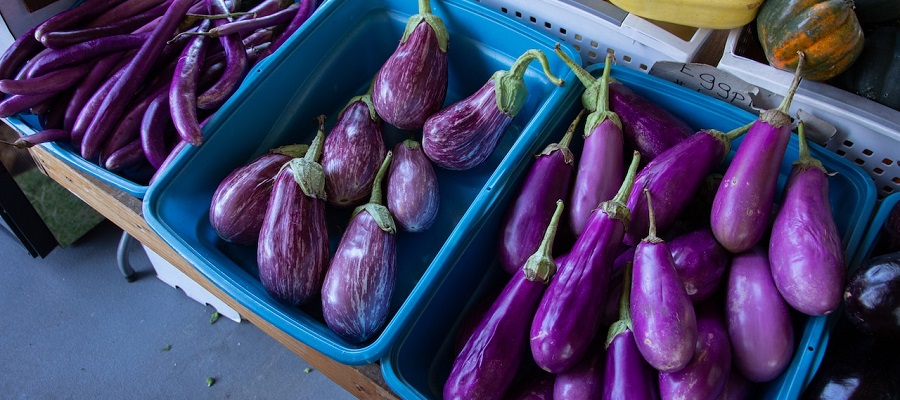Pickles are cucumbers that have been preserved in a vinegar or brine solution. They are often served as a condiment or snack, and are known for their sour, tangy flavor.
Pickles are a good source of nutrients, including vitamin K, vitamin C, and potassium. They are also low in calories and fat and are a good source of antioxidants.
There are many different types of pickles, including dill pickles, bread and butter pickles, sweet pickles, and pickled cucumber slices. Pickles can be made at home or purchased at the store, and they can be found in a variety of flavors and styles.
Pickles can be eaten on their own as a snack or used as a condiment for sandwiches, burgers, and other dishes. They can also be added to salads, dips, and other recipes to add flavor and crunch.
It's important to handle pickles safely to reduce the risk of foodborne illness. It's a good idea to wash pickles thoroughly before using them and to store them in the refrigerator to ensure the best quality and safety.
Can vegetables other than cucumber be pickled?
Yes, vegetables other than cucumbers can be pickled. Pickling is a method of preserving food by soaking it in vinegar or brine, and a variety of vegetables can be pickled using this method. Some common vegetables that are often pickled include:
- Carrots
- Onions
- Garlic
- Beets
- Green beans
- Asparagus
- Peppers
- Radishes
Pickling vegetables is a way to preserve them and add flavor to a variety of dishes. Pickled vegetables can be eaten on their own as a snack or used as a condiment for sandwiches, burgers, and other dishes. They can also be added to salads, dips, and other recipes to add flavor and crunch.
It's important to handle pickled vegetables safely to reduce the risk of foodborne illness. It's a good idea to wash pickled vegetables thoroughly before using them and to store them in the refrigerator to ensure the best quality and safety.
Are pickles expensive?
The cost of pickles can vary depending on a variety of factors, such as the type of pickles, the brand, and the location. Some types of pickles, such as specialty or artisanal pickles, may be more expensive than others. In general, pickles are not considered to be a particularly expensive food, and they are often sold in large jars or containers, which can provide good value for the price.
You can also make pickles at home, which can be a more economical option. Homemade pickles can be made with a variety of vegetables, including cucumbers, carrots, onions, garlic, beets, green beans, asparagus, peppers, and radishes, and they can be flavored with a variety of spices and herbs to suit your personal taste. Making pickles at home can be a fun and rewarding project, and it allows you to control the ingredients and the flavor of the pickles.
Are there side effects of eating pickles?
Pickles are a relatively low-risk food and are generally considered to be safe to eat. However, there are a few potential side effects to be aware of when consuming pickles:
-
High sodium content: Pickles are often preserved in brine, which is a solution of salt and water. As a result, pickles can be high in sodium, which can contribute to high blood pressure and other health problems in some people. If you are on a low-sodium diet or have a medical condition that requires you to limit your intake of sodium, it's a good idea to speak with your healthcare provider before consuming pickles or to choose low-sodium pickles.
-
Allergic reactions: Some people may be allergic to certain ingredients in pickles, such as vinegar or spices. Symptoms of an allergic reaction to pickles can include skin rash, hives, difficulty breathing, and swelling of the face, lips, tongue, or throat. If you experience any of these symptoms after eating pickles, it's important to seek medical attention immediately.
-
Stomach upset: Pickles are often high in acid, which can cause stomach upset in some people. If you are prone to heartburn or other digestive issues, it's a good idea to consume pickles in moderation and to speak with your healthcare provider if you have concerns.
Overall, pickles are a relatively safe food to eat, but it's important to pay attention to portion sizes and to be aware of any potential side effects. If you have any concerns about eating pickles, it's a good idea to speak with your healthcare provider.


